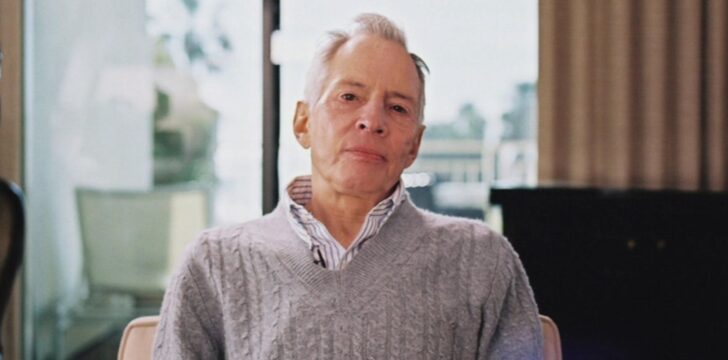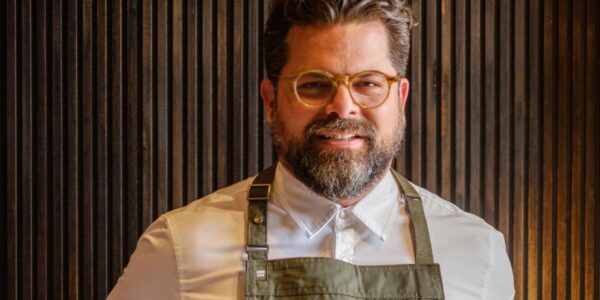
Fashion, Felons, and More: The Best Documentaries of 2024
Features, docuseries, and what's still to come.

Features, docuseries, and what's still to come.

Venues with a ‘dinner and show’ are sweeping through Sydney and could play a major role in the city’s nightlife revival. Cardea in Barangaroo launched in 2023, while The Emerald Room, housed…

“It’s been on the menu since day one.”

